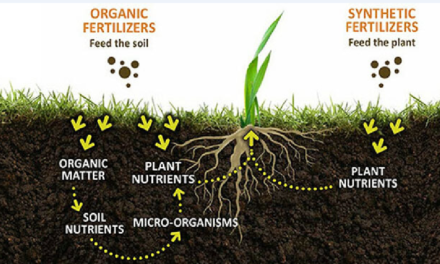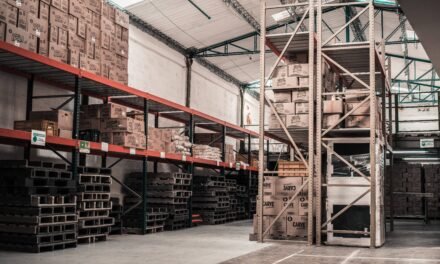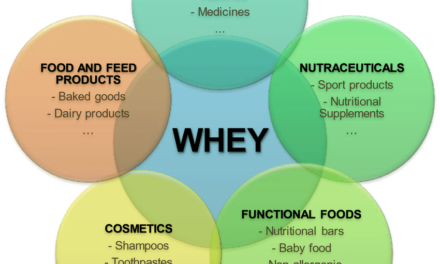Technology plays a crucial role in improving vegetable farming by enhancing efficiency, increasing yields, reducing costs, and promoting sustainable practices. Some key ways technology is transforming vegetable farming include:
1. Precision Agriculture
- Role: Precision agriculture uses data and technology to monitor and optimize farming practices. This includes GPS, sensors, and drones to track soil health, moisture levels, temperature, and crop growth.
- Impact: It allows farmers to apply water, fertilizers, and pesticides more accurately, minimizing waste and ensuring that crops receive exactly what they need for optimal growth. This improves crop yield and quality while reducing environmental impact.
2. Automation and Robotics
- Role: Automation in vegetable farming includes machinery for planting, harvesting, and weeding. Robotic harvesters, for instance, can pick vegetables like tomatoes and lettuce more efficiently than manual labor.
- Impact: These technologies reduce labor costs, improve consistency in harvesting, and minimize damage to crops. Robotic systems can also handle tasks like weeding and pruning, increasing productivity and reducing the need for chemical interventions.
3. Artificial Intelligence (AI) and Machine Learning
- Role: AI and machine learning are used to analyze data from sensors, weather forecasts, and historical farming patterns. AI systems can predict pest outbreaks, optimize irrigation schedules, and recommend the best times for planting and harvesting.
- Impact: By making smarter decisions based on real-time data, farmers can improve crop management and reduce resource waste, leading to better yields and healthier vegetables.
4. Drones and Remote Sensing
- Role: Drones equipped with cameras and sensors can provide farmers with aerial views of their fields. These drones can monitor plant health, detect diseases or pest infestations, and assess crop conditions in real-time.
- Impact: Drones help farmers identify issues early, allowing for quicker intervention and reducing the need for widespread pesticide use. This results in healthier crops and more efficient management.
5. Smart Irrigation Systems
- Role: Smart irrigation systems use sensors and weather data to deliver precise amounts of water to crops based on their needs. These systems adjust irrigation levels in real time, ensuring crops get enough water without wastage.
- Impact: These systems save water, reduce costs, and ensure that crops receive optimal hydration, which is critical for vegetable growth, especially in areas facing water scarcity.
6. Genetic Engineering and Biotechnology
- Role: Biotechnology is being used to develop genetically modified (GM) vegetable varieties that are resistant to pests, diseases, and adverse weather conditions. GM crops can also be engineered to have higher nutritional content.
- Impact: These innovations can improve crop resilience, reduce dependency on chemical inputs, and increase the nutritional value of vegetables, contributing to food security and sustainability.
7. Vertical Farming
- Role: Vertical farming uses stacked layers to grow vegetables in controlled indoor environments, utilizing hydroponics or aeroponics. It allows for year-round production in urban areas with limited space.
- Impact: This method reduces the need for large amounts of land and water, while minimizing exposure to pests and diseases. It offers a sustainable way to produce vegetables in regions with limited arable land.
8. Data Analytics and Farm Management Software
- Role: Farm management software allows farmers to collect, analyze, and make informed decisions based on data from various sources, such as weather forecasts, market prices, and field conditions.
- Impact: Data-driven decisions help optimize planting schedules, manage labor, and plan resource allocation efficiently. This leads to improved productivity, better crop quality, and higher profits.
9. Cold Chain Technology
- Role: Cold chain technology involves the use of refrigeration and climate-controlled storage and transportation systems to preserve vegetables from the farm to the market.
- Impact: This helps reduce post-harvest losses by keeping vegetables fresh for longer, allowing them to reach consumers in optimal condition. It also extends shelf life, reducing waste in the supply chain.
10. Sustainable Farming Practices
- Role: Technologies like soil sensors, composting machines, and integrated pest management systems promote more sustainable farming practices by reducing reliance on chemical fertilizers and pesticides.
- Impact: These technologies help maintain soil health, conserve water, and minimize the environmental footprint of vegetable farming, supporting long-term sustainability.
Technology in vegetable farming enhances productivity, sustainability, and efficiency, enabling farmers to meet the growing global demand for fresh produce. By integrating advanced tools like precision agriculture, automation, and biotechnology, farmers can improve crop quality, reduce waste, and address challenges related to climate change and resource scarcity.









